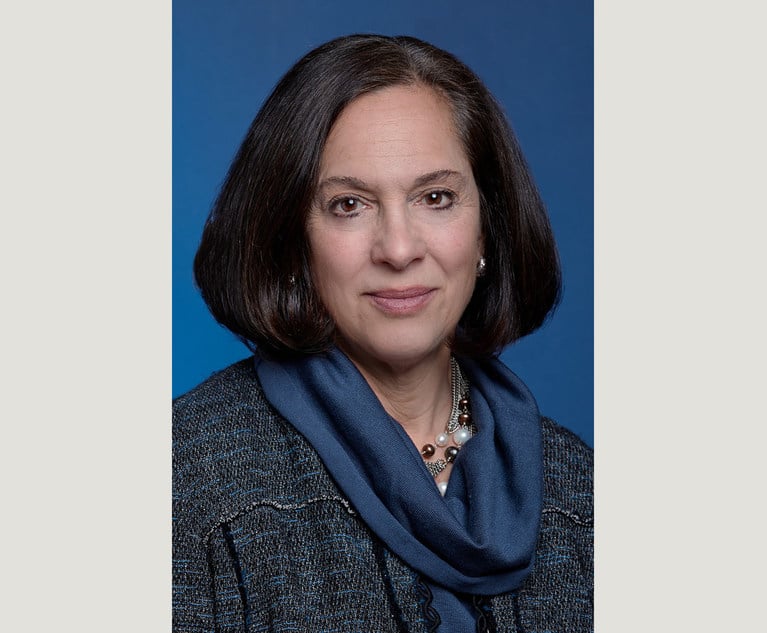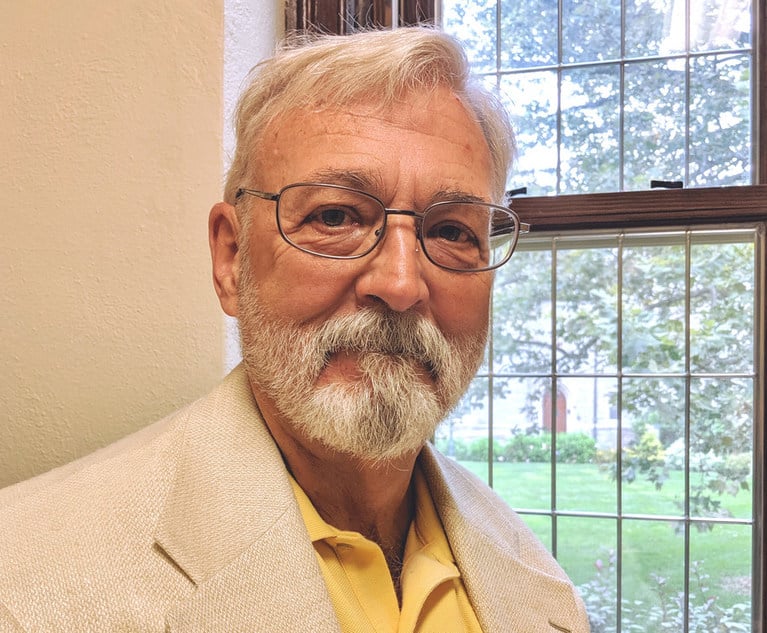A multijurisdictional law practice is becoming increasingly common for many attorneys. In addition to presenting opportunities to grow revenue and expand referral networks, attorneys may seek to practice in more than one jurisdiction because modern clients possess legal challenges throughout the country. Further, advances in technology have decreased costs for attorneys to practice or advertise for clients in more than one jurisdiction.
Even though multijurisdictional practices are exceedingly common, they do pose some risks. In Connecticut, the unauthorized practice of law is prohibited by Connecticut Rule of Professional Conduct 5.5, which prohibits a lawyer from both practicing in a foreign jurisdiction “where doing so violates the regulation of the legal profession in that jurisdiction,” as well as “assist[ing] a person who is not a member of the bar … in the performance of activity that constitutes the unauthorized practice of law.” Id. In some jurisdictions, there are also criminal statutes that prohibit nonlawyers from holding themselves out as practicing attorneys.


 Alanna Clair, left, and Shari Klevens.
Alanna Clair, left, and Shari Klevens.




